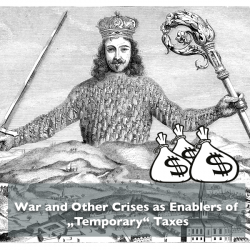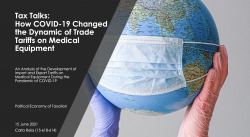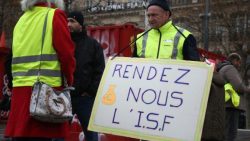
A Micro Tax or an Automated Transaction Payment Tax is a radical change going from a larger and more complicated tax system to a system with a single comprehensive revenue neutral Automated tax, replacing the present system of personal and corporate income taxing. In this podcast, we aim to look at what it is, similar taxes that have already been introduced, political movements and the pros/cons of introducing this tax.




Recent Comments